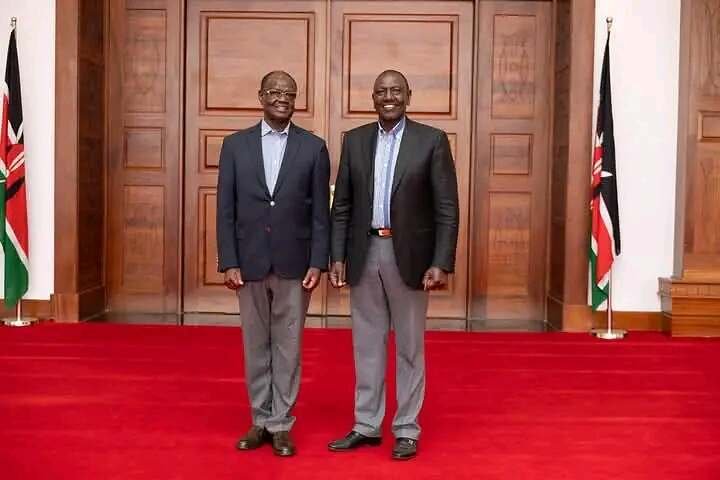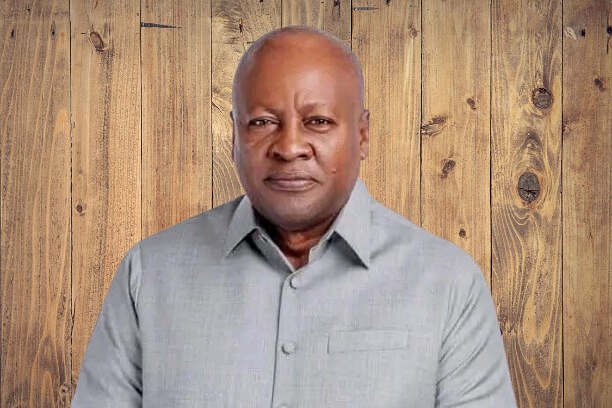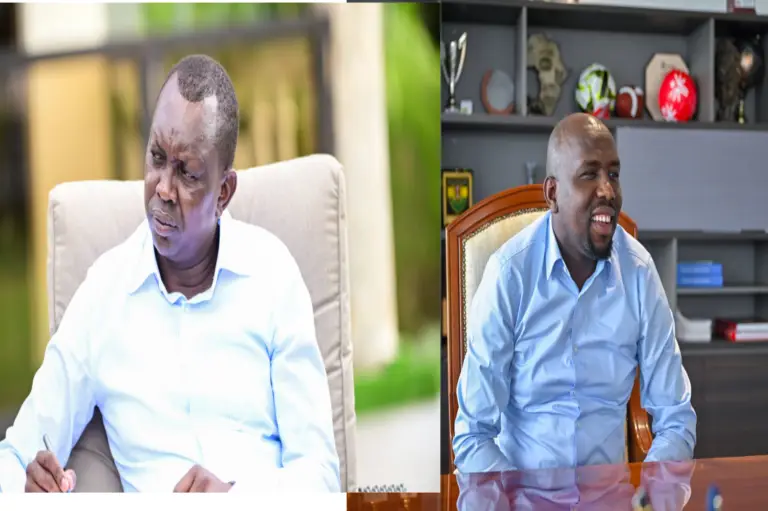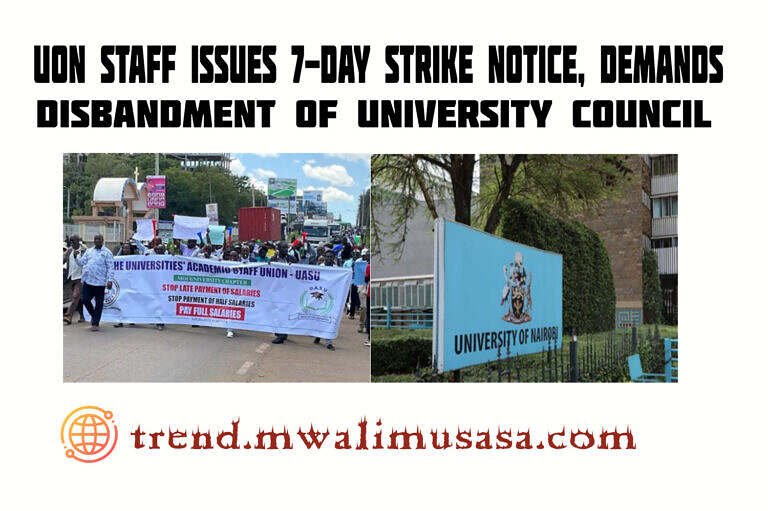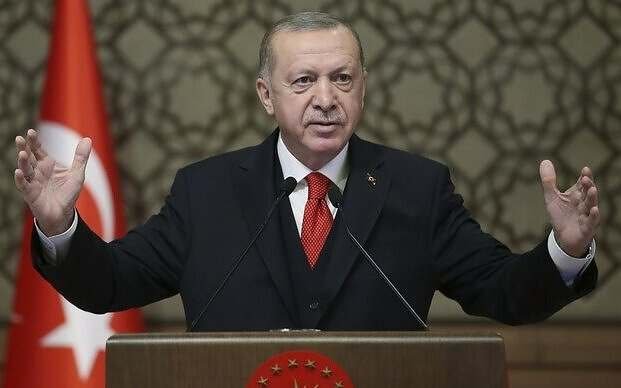
In recent weeks, Turkish President Recep Tayyip Erdogan has made headlines with a pronounced statement concerning the perceived decline of Western civilization. This assertion emerged during a speech at a high-profile international forum, where Erdogan addressed various global issues, including political instability, cultural conflicts, and economic downturns afflicting several Western nations. This context is crucial to understanding the implications of his remarks, which were positioned against a backdrop of rising global tensions and shifting power dynamics.
Erdogan’s declaration reflects not only his own political agenda but also a growing sentiment among certain leaders in non-Western countries who perceive Western governance and ideological frameworks as faltering. The address was attended by an audience comprising diplomats, academics, and media representatives, all of whom displayed a range of reactions—some applauding his defiance against Western hegemony, while others criticized his remarks as overly simplistic and provocative.
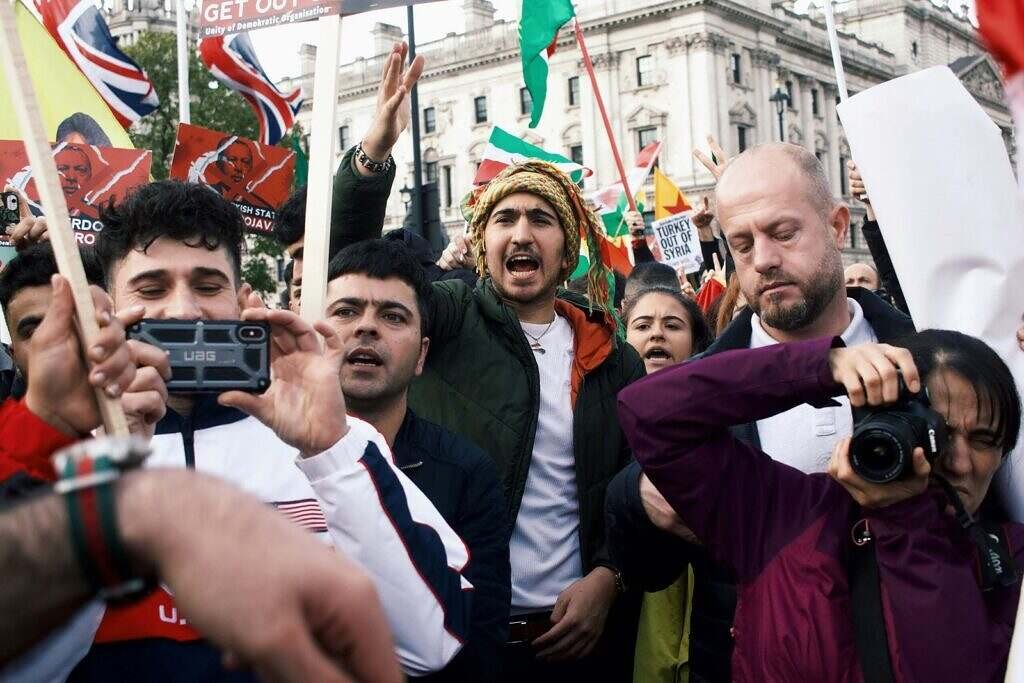
The significance of Erdogan’s statement extends beyond mere rhetoric; it underscores a critical moment in the geopolitical landscape where leaders reflect on the future of global influence. As various nations grapple with internal divisions and external pressures, Erdogan’s assertions can be interpreted as a challenge to Western dominance, echoing a sentiment that has gained traction among other political leaders worldwide. His framing of the current state of the West may resonate with nations that feel marginalized or threatened by Western policies.
In this climate of increased scrutiny and skepticism towards established powers, Erdogan’s remarks serve to provoke dialogue and debate on the efficacy of current Western models, prompting a reevaluation of strategies among advocates and critics alike. This introduction sets the stage for a deeper exploration of the broader implications of Erdogan’s bold assertion in the ongoing discourse surrounding the resilience of Western civilization in the 21st century.
The Historical Context of Erdogan’s Claim
President Recep Tayyip Erdogan’s assertion regarding the imminent collapse of Western civilization is not an isolated pronouncement; rather, it mirrors a long-standing tradition among political leaders who have historically forecasted the decline of empires and civilizations. These predictions have often arisen from a complex interplay of political, economic, and social factors that characterize periods of instability and change. Aligning Erdogan’s views with historical narratives offers a deeper understanding of his perspective and motivations.
Throughout history, many leaders and thinkers have articulated concerns regarding the sustainability of their civilizations. For instance, the Roman Empire faced dire predictions as it expanded and subsequently contended with internal strife, leading rhetoricians and moralists to lament the perceived erosion of traditional values. Similarly, in the 20th century, the decay of the British Empire catalyzed various commentators who warned of an impending decline in Western dominance. These proclamations often stemmed from crises such as economic downturns, social upheavals, and external challenges, echoing the sentiments historically associated with declining powers.
Erdogan’s rhetoric resonates with this historical framework, compelling him to position himself as a defender of a renewed non-Western narrative. By invoking the collapse of Western civilization, he seeks to rally support domestically and assert Turkey’s role on the global stage amidst shifting geopolitical dynamics. This context serves as a lens through which one may interpret his remarks, suggesting that they are not mere bluster but rather a reflection of a deeply rooted historical dialogue about power, resilience, and identity.
Ultimately, understanding the backdrop to Erdogan’s statements necessitates an exploration of how past societal transformations influence current political rhetoric. The legacy of civilizations in decline informs many leaders’ public discourses, as they navigate the complexities of modern governance while drawing from historical precedents to articulate their visions for the future.
Analyzing Erdogan’s Perspective on Western Civilization
Recep Tayyip Erdogan’s assertive declarations regarding Western civilization underscore an intricate perspective that intertwines ideological, cultural, and political critiques. At the forefront of Erdogan’s analysis is the concept of economic inequality, a crucial element contributing to his narrative about the West’s imminent decline. He posits that Western economies, despite their advancements, are marred by stark disparities between the wealthy elite and the impoverished masses. This economic divide, according to Erdogan, fosters social unrest and discontent, thereby weakening the very foundation upon which Western societies pride themselves.
Furthermore, Erdogan’s critique extends into the realm of cultural imperialism. He argues that Western nations often impose their values and ideologies onto other cultures, undermining local traditions and identities. This perceived cultural hegemony is seen as not only disrespectful but also indicative of a deeper moral decay—a theme Erdogan emphasizes to bolster his claim of a decaying civilization. The emphasis on individualism in the West, he argues, has led to a societal framework that neglects communal responsibilities, thus fostering alienation and dissension amongst its citizenry.
Politically, Erdogan identifies a paradox within Western democracies, wherein the ideal of equality and freedom stands contradicted by practices of exclusion and the marginalization of dissenting voices. He critiques Western nations for their foreign policy decisions, particularly interventions in other countries, which he argues are driven by self-interest rather than genuine humanitarian concerns. Such actions, in Erdogan’s view, reveal a hypocrisy that weakens the credibility of Western political systems, contributing further to the perceived decay of their civilizational integrity.
Through this multi-faceted lens, Erdogan articulates a vision of Western civilization that he believes is fraught with contradictions and inherent flaws. His arguments not only reflect his criticisms but also reveal the broader themes of his worldview, laying the groundwork for his assertion of an approaching collapse.
Reactions from the International Community
The recent assertions made by Turkish President Recep Tayyip Erdogan regarding the impending collapse of Western civilization have elicited a wide range of reactions from the international community. Leaders from various Western nations have responded with a mixture of skepticism and concern. Prominent diplomats have criticized Erdogan’s remarks as an attempt to divert attention from domestic issues within Turkey, highlighting that such rhetoric may further isolate the country on the global stage.
Political analysts also weighed in, suggesting that Erdogan’s statements may be reflective of his desire to assert Turkey’s influence in global politics. This need for influence is set against the backdrop of rising tensions between Turkey and Western allies, particularly in issues concerning defense, migration, and regional stability. Scholars have noted that Erdogan’s comments could serve to galvanize nationalist sentiments within Turkey, potentially impacting the balance of power not only in Turkish politics but also in its foreign relations.
Media outlets across Europe and North America have extensively covered Erdogan’s comments, interpreting them as part of a larger narrative that questions the viability of Western ideals. Commentary pieces range from critiques that highlight the contradictions in Erdogan’s own governance to analyses that examine how such statements could resonate with populist movements within Western democracies. As reactions continue to unfold, the geopolitical implications of his bold assertions remain a focal point of discussion.
The fallout from these remarks will likely play a significant role in shaping diplomatic relations moving forward. Countries involved in international coalitions may need to navigate these tensions carefully to maintain strategic partnerships, particularly as they tackle issues of security and economic cooperation. Erdogan’s bold claims have certainly sparked widespread debate and numerous perspectives, which are essential for understanding the current dynamics at play globally.
Criticism and Support for Erdogan’s Viewpoint
President Recep Tayyip Erdogan’s assertions regarding the impending collapse of Western civilization have sparked a polarized response globally. Proponents of Erdogan’s perspective often cite a range of socio-political issues plaguing Western nations. These supporters argue that the sustainability of the Western model is under question, pointing to economic disparities, political fragmentation, and cultural discord as indicators of decline. They emphasize that the rise of populism and nationalism in many developed countries underscores a widespread disillusionment with established democratic and capitalist frameworks. This group believes Erdogan’s claims resonate with a growing sentiment that the West is grappling with existential challenges that could result in a significant restructuring of its societal foundations.
Conversely, critics of Erdogan’s viewpoints assert that his predictions are heavily politically charged and somewhat exaggerated. They argue that framing the discussion around a “collapse” oversimplifies complex issues and ignores the resilience of Western institutions. These opponents contend that while the West is experiencing difficulties, such patterns are neither unprecedented nor insurmountable. They often highlight the ability of these societies to adapt and reform in response to crises, asserting that predicting an imminent downfall is not only alarmist but also a reflection of Erdogan’s broader political agenda, which seeks to bolster nationalistic sentiments in Turkey. Additionally, detractors argue that Erdogan’s rhetoric serves to divert attention from internal issues within Turkey, thus framing the discourse as a tool for consolidating power.
The debate surrounding Erdogan’s assertions thus reflects deeper ideological divides concerning the future trajectory of the West. As supporters and critics engage in this dialogue, it is evident that their arguments are often shaped by contrasting values, beliefs about governance, and perspectives on globalization. Understanding this multifaceted discussion is crucial for appreciating the implications of Erdogan’s comments on the international stage.
Erdogan’s Broader Political Strategy
Recep Tayyip Erdogan’s political strategy is multifaceted, intricately woven into both domestic policies and his aspirations for regional influence. Central to this approach are his bold assertions regarding the decline of Western civilization, which he employs not only as a rhetorical device but as a tool for consolidating power within Turkey. By framing the West as in decline, Erdogan seeks to position himself and his government as essential defenders of Turkish sovereignty and identity against perceived external threats.
A key aspect of Erdogan’s broader political strategy lies in appealing to nationalist sentiments among the Turkish populace. This is evident in his public discourse, which often emphasizes pride in Turkish heritage and the need for solidarity against foreign influence. Such rhetoric resonates with many citizens, fostering a sense of unity and purpose amid economic and political challenges. In this context, Erdogan has skillfully harnessed nationalism to bolster public support, often portraying his administration as the bulwark against an encroaching Western cultural hegemony.
In addition to appealing to nationalistic fervor, Erdogan’s assertions regarding the West serve to enhance Turkey’s standing on the global stage. By positioning Turkey as a key player amid a perceived global power shift, he aims to attract attention and investment, thereby reinforcing Turkey’s role as a regional leader. This is particularly evident in Turkey’s foreign policies, where Erdogan has sought to expand influence in areas such as the Middle East and the Balkans. His assertive stance not only aims to strengthen Turkey’s geopolitical significance but also facilitates his pursuit of leadership within the Islamic world.
Ultimately, Erdogan’s broader political strategy is a calculated effort to solidify his power base domestically while asserting Turkey’s importance internationally. By intertwining nationalist discourse with global ambitions, he seeks to navigate the complex landscape of contemporary politics, enabling him to maintain his leadership and influence amid evolving dynamics in both Turkey and the broader world.
The Role of Media in Shaping Perceptions
The media plays an instrumental role in shaping public perceptions, especially in the context of political statements such as those made by Turkish President Recep Tayyip Erdogan regarding the potential collapse of Western civilization. Various media outlets have distinct editorial slants and approaches, thereby influencing how Erdogan’s assertions are portrayed to the audience. Traditional news channels might emphasize factual reporting while providing context, whereas tabloids may opt for sensationalist headlines that amplify tensions. This disparity in presentation can lead to polarized interpretations of his statements amongst the public.
The narratives constructed around Erdogan’s claims are often reflective of broader geopolitical agendas. For instance, Western media may depict his remarks as an indication of a fundamental clash between Eastern and Western ideologies. In contrast, some regional media may emphasize the historical and cultural contexts underpinning his statements, portraying them as calls for reform and introspection within Western societies. This duality underscores the inherent biases that can shape audience perceptions, narrowing the understanding of complex geopolitical dynamics.
Furthermore, the rise of social media has dramatically altered the landscape of political discourse. Platforms such as Twitter, Facebook, and Instagram allow for instantaneous dissemination of information, enabling both supporters and critics of Erdogan to express their views widely. Social media not only amplifies Erdogan’s message but also facilitates the emergence of counter-narratives. By sharing articles, opinions, and grassroots campaigns, users can challenge mainstream perspectives or foster solidarity among like-minded individuals. This immediacy and interactiveness of social media creates a dynamic environment where public opinion can be constantly shaped and reshaped.
As a result, the interplay between media and political rhetoric underscores the critical role of media in influencing how statements like Erdogan’s are received. Understanding this complex relationship between media, politics, and public sentiment is essential for comprehending the broader implications of his assertions on Western civilization.
Comparative Analysis with Other Global Leaders
Recep Tayyip Erdogan’s assertion regarding the impending collapse of Western civilization is not an isolated remark; it mirrors the critique expressed by several global leaders, most notably Vladimir Putin and Xi Jinping. These leaders have, at various junctures, articulated sentiments questioning the sustainability and moral authority of Western ideals. A closer examination reveals a nuanced tapestry of similarities and differences in their rhetoric that reflects their respective geopolitical strategies.
Vladimir Putin has often positioned himself as a defender of traditional values, contrasting Russia’s governance model with what he perceives as the moral decay of the West. He argues that Western society is eroding under the weight of liberal ideologies, particularly in areas such as family structure and cultural coherence. This critique is designed not just to appeal to national pride but also to rally support among conservative factions within Russia, thereby consolidating his domestic power while deflecting attention from internal issues.
Similarly, Xi Jinping has taken a different approach, promoting the concept of a “community of common destiny” which emphasizes non-Western frameworks of governance. His criticism often targets Western interventions in global matters, framing them as paternalistic and harmful. This stance aligns with China’s burgeoning ambition on the global stage, presenting an alternative narrative that resonates with countries wary of Western hegemony. Xi’s remarks serve to position China as a leader of a new world order, often contrasting its model of development against what he labels as the failures of Western democracy.
When viewed collectively, these leaders have effectively harnessed rhetoric targeting Western civilization to foster domestic unity and project power internationally. While the phrases may vary, the underlying message remains a critical reflection of their political environments and aspirations. Understanding these dynamics provides a clearer view of the evolving geopolitical landscape where competing narratives shape international relations.
Future Implications for Global Politics
Erdogan’s recent proclamation regarding the impending collapse of Western civilization raises significant questions about the future landscape of global politics and international relations. His assertions not only reflect a growing tension between Western and non-Western societies but also signal potential shifts in geopolitical alliances and power dynamics. As Western nations contemplate their response, they may need to reconsider their diplomatic strategies and military postures.
In the wake of such statements, Western countries could adopt a dual approach. First, they might engage in heightened discourse aimed at addressing the criticisms leveled by non-Western leaders, promoting a narrative of inclusivity and cooperation. Secondly, they may bolster defensive measures, perceiving Erdogan’s comments as a challenge to the established order. This reaction could lead to tightening of alliances between Western nations, underlining a united front against perceived external threats.
For non-Western societies, Erdogan’s remarks could catalyze a shift toward greater collaboration among emerging powers. Nations may feel emboldened to form new coalitions that align with anti-Western sentiments, potentially reconfiguring the existing global order. The implications of such realignments might include the development of alternative international frameworks that could challenge longstanding Western-centric models. This environment fosters a competitive geopolitical climate where influence is continually contested.
Moreover, the significance of Erdogan’s claims extends to the broader conversation about international norms. Such bold proclamations can serve to galvanize support for nationalist or populist movements within various countries, influencing public opinion and policymaking. Additionally, the framing of Western civilization as in decline might open pathways for ideologies that advocate alternative governance models. As global interdependencies deepen, the repercussions of these dialogues will likely shape global politics for years to come.
